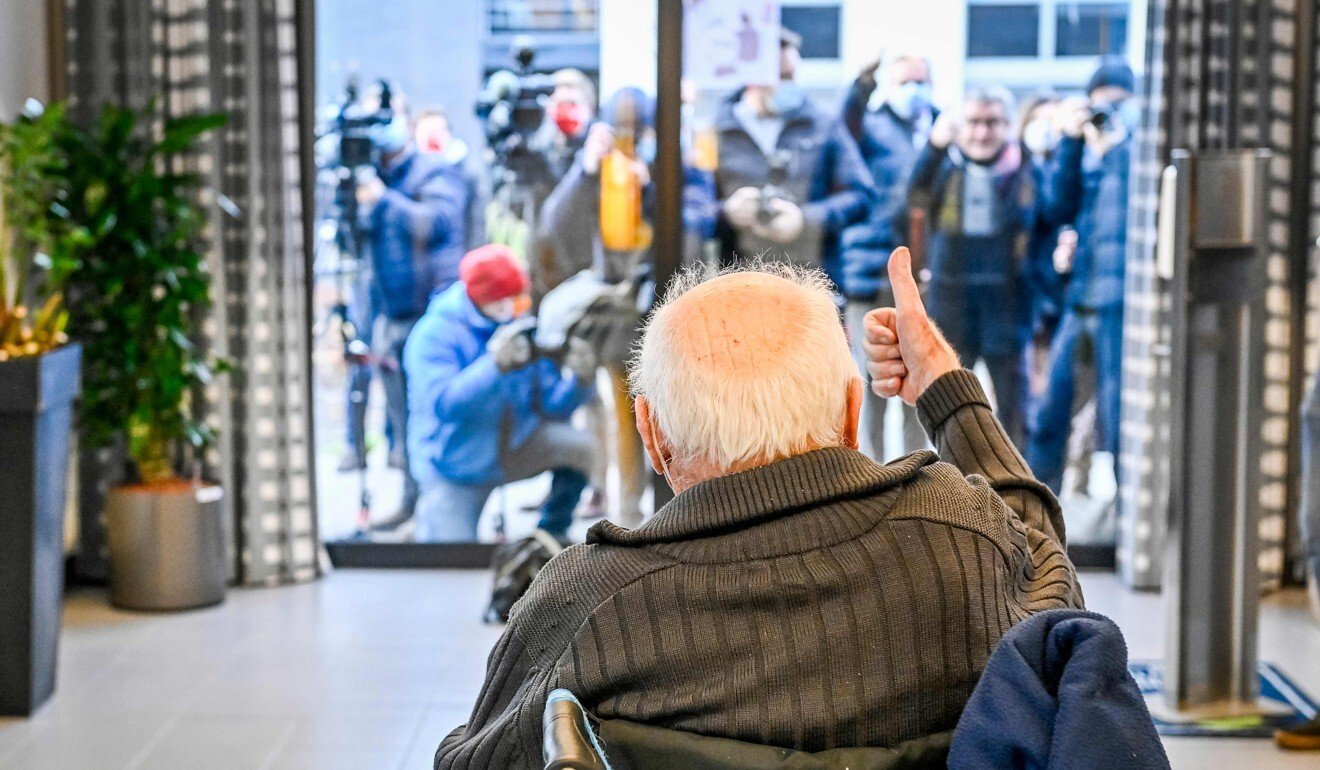
Coronavirus: almost 1.8 million dead, but future pandemics could be worse
- Covid-19 has killed nearly 1.8 million people worldwide, out of over 80 million infected
- WHO officials warn world remained far from prepared to ward off future pandemics
The novel coronavirus has had a devastating impact around the globe, but the World Health Organization warned that worse pandemics could lie ahead, urging the world to get “serious” about preparedness.
“This is a wake-up call,” WHO emergencies chief Michael Ryan told reporters at a briefing on Monday marking a year since the UN agency first learned of the new virus spreading in China.
Since then, Covid-19 has killed nearly 1.8 million people around the world, out of over 80 million infected.
“This pandemic has been very severe,” Ryan acknowledged.
“It has spread around the world extremely quickly and it has affected every corner of this planet, but this is not necessarily the big one.”
He stressed that while the virus is “very transmissible, and it kills people … its current case fatality (rate) is reasonably low in comparison to other emerging diseases.”
“We need to get ready for something that may even be more severe in the future.”

05:47
Returning to Wuhan one year since the Chinese city became ground zero of the Covid-19 pandemic
WHO senior adviser Bruce Aylward also cautioned that while the world had made huge scientific progress to address the coronavirus crisis, including developing vaccines at record speed, it remained far from prepared to ward off future pandemics.
“We are into second and third waves of this virus and we are still not prepared to deal with and manage those,” he told the briefing.
“So while we are better prepared … we are not fully prepared for this one, let alone the next one.”
WHO chief Tedros Adhanom Ghebreyesus meanwhile voiced hope that the Covid-19 pandemic had helped the world become more prepared to tackle future threats.
Russia admits fatalities are three times higher than reported
“In terms of awareness, I think we are now getting it,” he said.
Fears have been raised by a new strain of Covid-19 first detected in Britain and believed by experts to be potentially more transmissible.
“We are working with scientists in the UK and South Africa who are carrying out epidemiologic and laboratory studies, which will guide next steps,” he said.
He hailed the two countries for testing and tracking the new variants.
After it spread to several European countries as well as Japan and Canada, South Korea became the latest nation Monday to detect the virus variant, in three individuals from a London-based family who arrived in the country last week.
Five cases were identified in Spain’s southern Andalusia region. Finland health officials also said they had detected two cases of the UK variant and one of a new strain from South Africa – all three from people returning from abroad.
Britain reports record daily cases, topping 40,000
Authorities there considered reimposing restrictions to battle the second wave of infections, with leaders worldwide facing similar dilemmas over unpopular and economically devastating lockdowns.
Most European countries began their vaccination campaigns over the weekend, boosting hopes of an end to the pandemic, especially in some of the hardest-hit parts of the continent.

High-profile leaders including US President-elect Joe Biden have been stepping forward to get the vaccination in a bid to fight scepticism over jabs developed in record time.
Spain, which said Monday that its coronavirus death toll has topped 50,000, plans to set up a registry of people who refuse to be vaccinated against the new coronavirus and share it with other European Union nations although it will not be made public, Health Minister Salvador Illa said.
Vaccination campaigns have also begun in China, Canada, Singapore and Saudi Arabia, and there was hope for one more successful vaccine on the horizon.
But there are still worries over vaccine hesitancy or outright refusal among the public – especially because of anti-vaccine misinformation campaigns.
Polls have shown many Europeans are unwilling to take the vaccine, which could impede efforts to beat the virus and reach widespread immunisation.

.png?itok=arIb17P0)